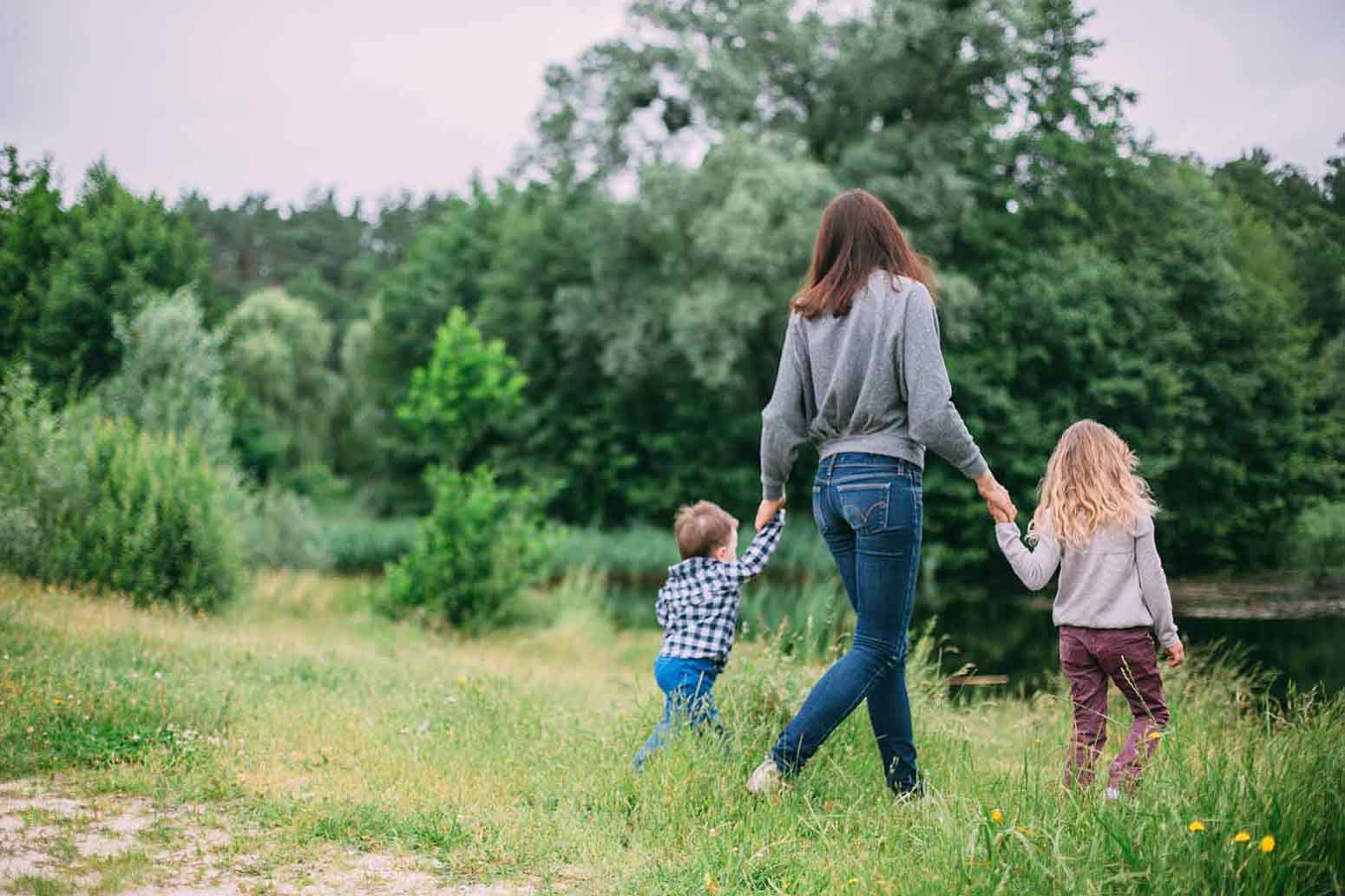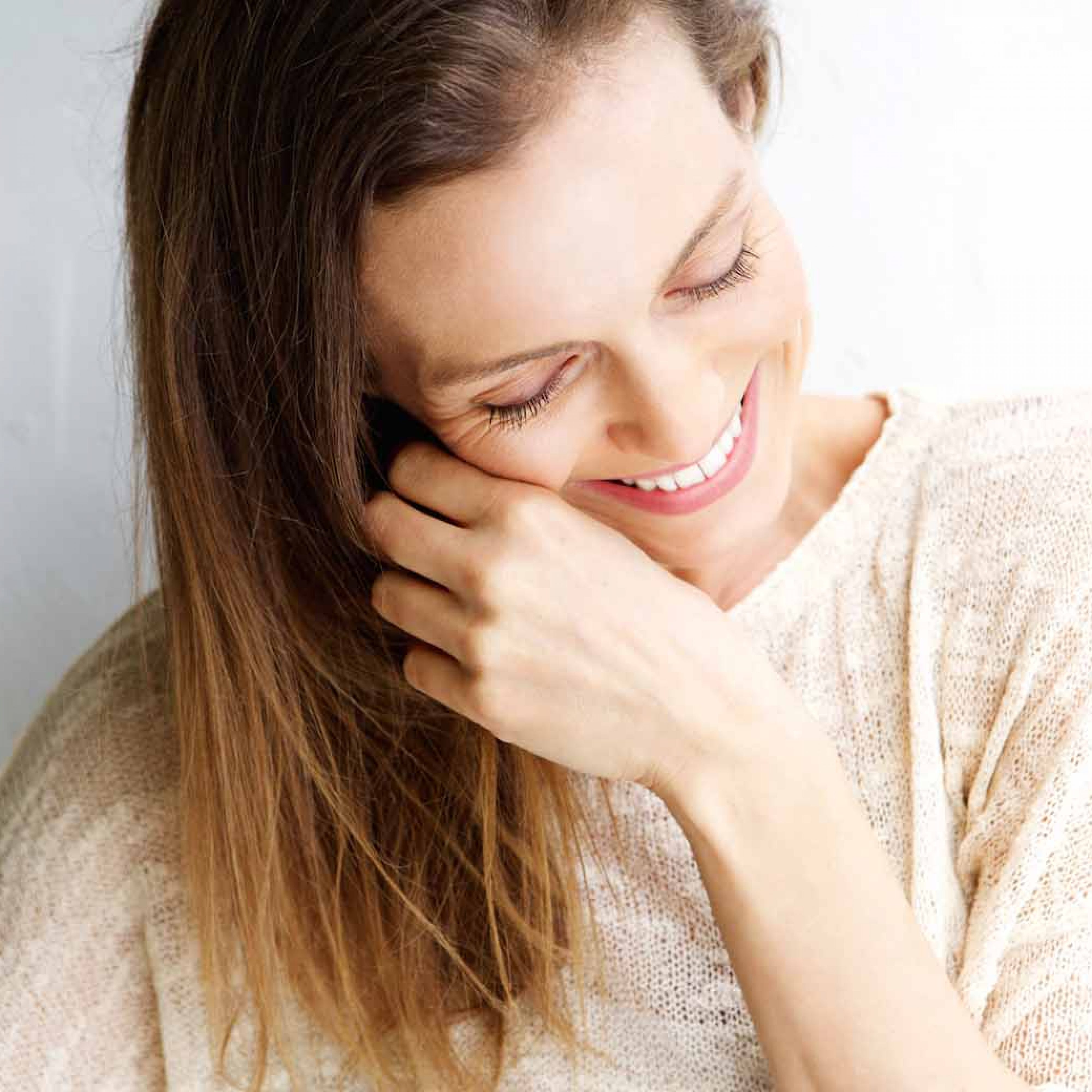I have a prosthetic eye.
Now, here are answers to frequently asked questions about having a prosthetic eye:
1. Yes, I can take it out. No, it doesn’t bleed or hurt when I do. I only remove it for occasional cleanings.
2. No, I do not/will not take it out for people to see.
3. I have a custom eye created about every five years. In the simplest term, custom means having a mold created specifically for my eye socket and then hand painting the prosthesis to match my eye color. It’s really a fascinating process that takes several days.
4. No, I don’t have any weird custom eyes (cat or snake eyes, bloodshot eye, different color, etc.). It is always a match to my left eye.
5. Yes, I have a spare prosthesis, although they are pretty tough and not at all easily broken or damaged.
6. No, it doesn’t just pop out on its own.
7. The prosthesis is not a round ball; think more along the lines of a shell.
8. My right glasses lens it also a prescription so that my eyes appear to be the same size when wearing my glasses. Ironic, isn’t it?
9. I don’t wear contacts … too risky with injuring or infecting my natural eye.
10. Lastly, it is not a “glass eye.” Please don’t call it that! It’s medical grade acrylic. Do you really think I would stick a piece of glass in my face?
It didn’t dawn on me until adulthood that I am, indeed, a cancer survivor. I had never heard anyone apply that term to me, nor had I used it for myself until about 10 years ago. I can’t remember what event brought about this revelation for me, but I think it’s interesting that I never saw myself as a “survivor.”
My cancer was retinoblastoma, which, as its name implies, is cancer of the retina. The retina is located behind the eyes and is that part of the eye that sends the signal for what you’re looking at to the brain for interpretation. For reasons unknown by my doctor, a tumor developed on my retina when I was a baby. There were no other cases in my family, so in my case it wasn’t hereditary (sometimes retinoblastoma is hereditary). One person said it was “luck of the draw” for me. Not sure it was lucky, though. Keep in mind this was 1967 before many of the advanced medical technologies had been developed, so I asked how my parents realized there was a problem at all. One of my aunts told me that she was looking at the then 18-month old Teresa and saw something just didn’t look right about my eye. She told my parents, who agreed that something was strange. We made a visit to the eye doctor and soon after a diagnosis of retinoblastoma was determined.
Thankfully, the wonderful doctors at the children’s hospital in Louisville, Kentucky were able to remove the tumor before it spread to my other eye or to my brain. Unfortunately, it was too late to save the affected eye, but my life and overall health was spared. I’ve been told that I didn’t have to have any chemotherapy or radiation. I don’t remember anything about that time at all, so I don’t remember the time prior to losing my right eye to cancer.
My cancer was retinoblastoma, which, as its name implies, is cancer of the retina.
Growing up, I wasn’t treated differently than my siblings, cousins, or friends. Of course, I had regular visits to my eye doctor and had to have routine fittings for new prosthetic eyes, but otherwise, childhood was perfectly normal. My parents didn’t baby me. I can’t remember being told I couldn’t do something because of my condition. Even when I got my first pair of glasses in second grade, it was all very non-eventful. Of course, there were the occasional times when other children would make fun of me, and that hurt. But I also learned many years later that my oldest brother wasn’t one to tolerate that very well and defended me.
As a teen, learning to drive was interesting since I don’t have depth perception, but otherwise, life was normal. I had friends, was strong academically, and looked forward to going to college. I got my first custom made prosthetic eye when I was thirteen. That was a wonderful thing because it looked much more natural than “stock eyes.” Several years later I became a mom, and I made sure that throughout their early years my daughters’ eyes were regularly examined. Thank God, no tumors! Their eyes are healthy and beautiful!
Last October, the time of year when there is so much focus on cancer awareness, I first realized that I, too, am a survivor. Thanks to my loved ones, great doctors, and so many people who prayed for me, I survived. And I can see. I’ve even had opportunity to encourage a few other families along the way whose children had been diagnosed with retinoblastoma. I have learned that while no cancer is easy and there are always some lingering reminders of your diagnosis, it certainly does not have to become your identity. Life can continue on a normal path, with a couple of tweaks every now and again. Sure, there are a few jobs that I don’t qualify for or simply wouldn’t do. I’m even mindful of where I sit or making sure that I keep my grandchildren to my left as much as possible when we’re out and about, but otherwise, it’s all good.
I have learned that while no cancer is easy and there are always some lingering reminders of your diagnosis, it certainly does not have to become your identity.
I’ve learned that what’s most important is understanding that there is no reason to feel sorry for myself. I don’t take it for granted that I can actually see, but I also don’t make a fuss about a lack of vision on my right side. It’s just the hand I was dealt, so I live with it. I’m thankful that’s the attitude my parents took with me.
My desire is that I will remain content with who I am and continue to accept this part of my life as something that can be used to encourage people and remind others that, ultimately, life is good. Even something like cancer can serve a greater purpose when we choose to allow it to do so.
—
You’ll also like 10 Funny Things All Women Do, How to Lose the Scale and Walk Lighter, 9 Marks of a Beautiful Woman (on the Inside), and Just Because She’s Pretty, Doesn’t Mean You’re Not
#gritandgracelife








